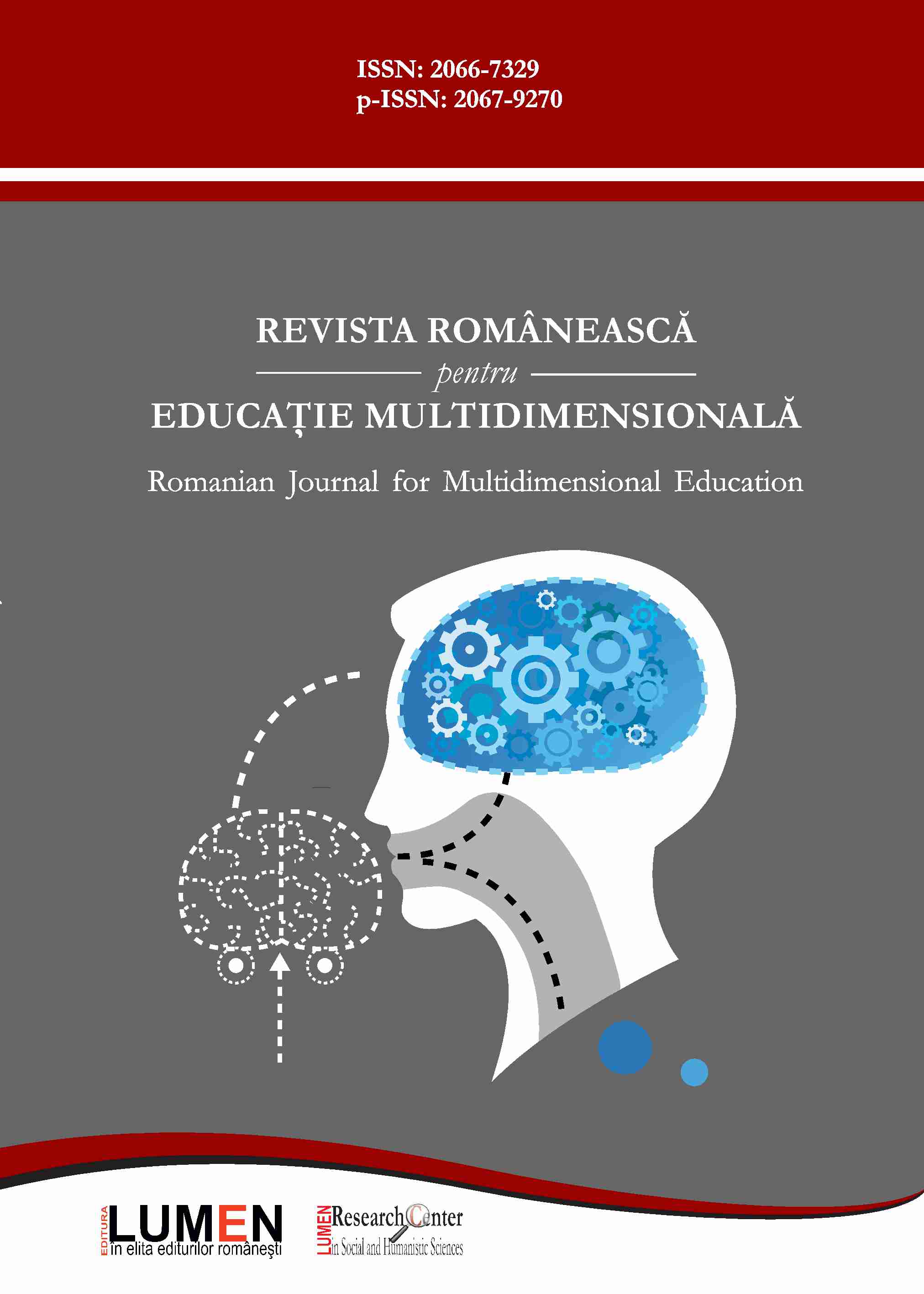Features of Authenticity Development in Future Psychologists
Features of Authenticity Development in Future Psychologists
Author(s): Halyna Radchuk, Zoriana Adamska, Maria Oliynyk, Mariya OliynykSubject(s): Developmental Psychology
Published by: Editura Lumen, Asociatia Lumen
Keywords: authenticity; authenticity of a psychologist; authenticity of self-expression; acceptance of external influences; self-alienation;
Summary/Abstract: The article addresses an acute problem of contemporary psychology - theoretical and empirical study of authenticity development in students - future psychologists. Understanding of the authenticity of psychologists as a professionally important integral personal characteristic is described based on a theoretical analysis of existing approaches in Ukrainian and foreign psychology. This construct manifests itself in respectful attention and fair treatment of oneself and own feelings, recognition of own value which makes clients feel that they are understood and accepted. This helps clients understand and accept their own feelings, learn to trust themselves, find strength to realize their own uniqueness, and acquire the ability for self-development. The Authenticity Scale methodology by Alex M. Wood, P. Alex Linley, J. Maltby, M. Baliousis and S. Joseph was used in an empirical research of the authenticity development features in future psychologist – graduates of the bachelor's degree (adaptation of S. Nartova-Bochaver, V. Bardadimova). The basis for this methodology is personality focused understanding of authenticity, which has three levels: self-alienation, authenticity of self-expression and acceptance of external influence.Quantitative and qualitative analysis of the obtained results show that most students – future psychologists – have high level of awareness about their authenticity. At the same time, a majority of students show dependence from thoughts, evaluations and expectations of their environment, as well as insufficient level of understanding of themselves and their inner world, which, in turn, can lead to self-alienation. There is also correlation between the empirical indicators on the Autheticity Scale and the age of the respondents. It has been established that with age the level of awareness of own authenticity, the ability to uphold own beliefs and live in accordance with own values gradually decrease.
Journal: Revista Românească pentru Educaţie Multidimensională
- Issue Year: XI/2019
- Issue No: 3
- Page Range: 213-223
- Page Count: 10
- Language: English

